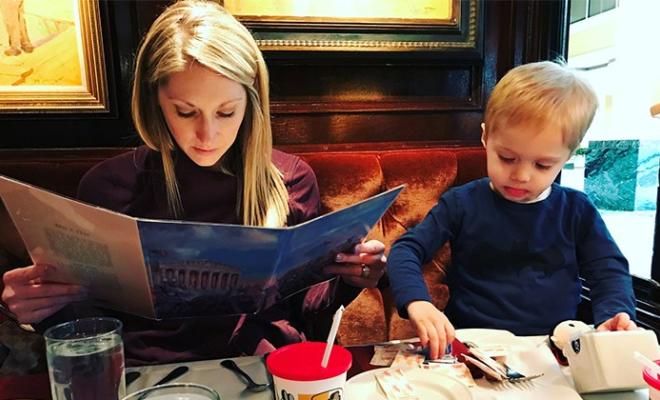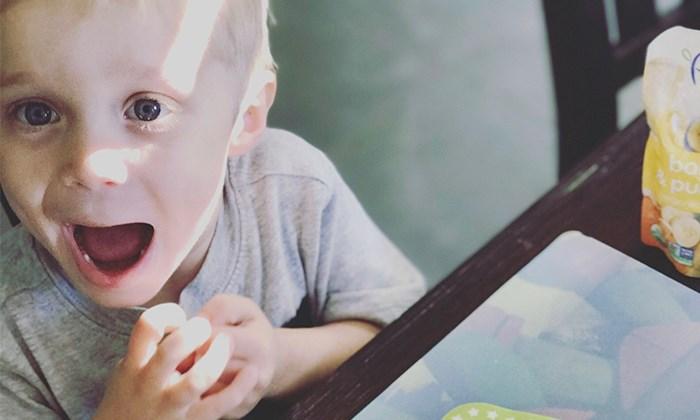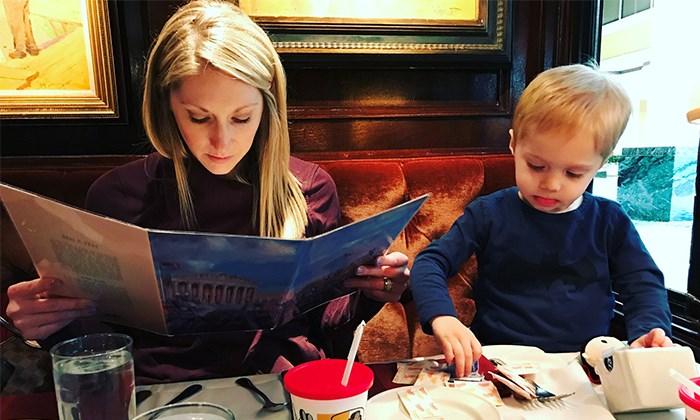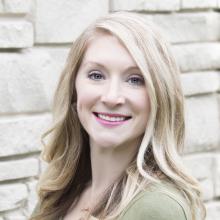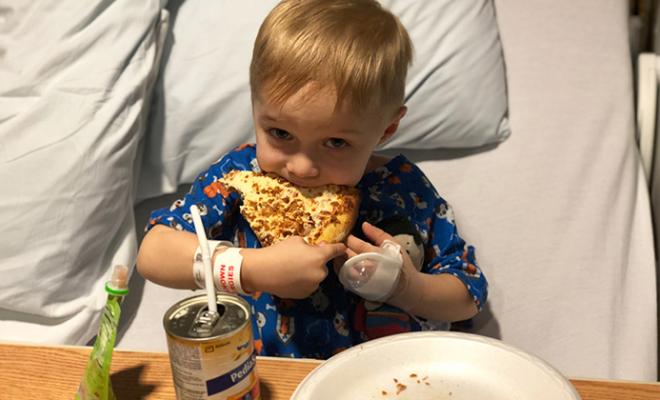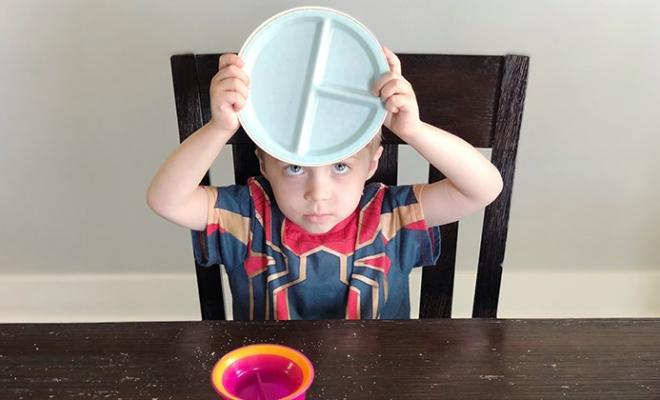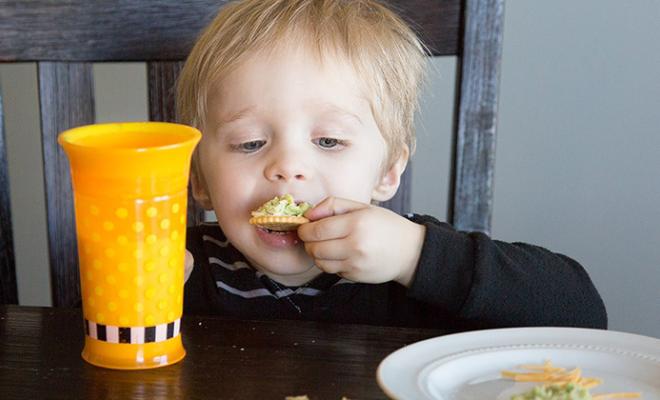As a parent of a young child with cystic fibrosis, I've discovered some surprises along the way. In the earliest days after my son's diagnosis, I figured our worries would be centered around lung health. Although I wasn't entirely incorrect, the number one difficulty Major has had since birth has been weight gain. Our CF care team told us weight gain is a struggle for people with CF, but we couldn't have imagined the roller coaster we were about to ride.
For the first two years of Major's life, he did pretty well. He started at the first percentile for his weight over height calculation and worked his way up to the 74th percentile. He was thriving and growing, thanks to pancreatic enzymes and lots of fat.
In October 2016, Major had his first exacerbation. He lost a little weight while he was in the hospital, which wasn't surprising. Following his discharge, we set a plan in place to gain that weight back and then some. We added weight gain supplements to Major's routine. Major continued to gain weight, though in very small increments. We remained positive -- weight gained is weight gained.
Major had been a good little eater prior to his hospitalization for the exacerbation. But if you've ever raised a toddler, many do turn into picky children around age 2. Major continued to try new foods, remained interested in mealtime, but he just wasn't eating much -- certainly not enough to gain the weight he so desperately required.
When his gains stalled, we added a second bottle of his supplement to the routine. That didn't go as smoothly as the first. Supplements are a great tool, but they weren't Major's beverage of choice. We added heavy whipping cream to his whole milk, we put chocolate syrup in every dairy drink and continued to put butter on every item we possibly could.
At the beginning of 2017, we added an appetite-stimulating medication into the mix. It worked great! This is it. We finally had a child who was asking to eat and cleaning his plate. That was fun while it lasted; after a few months it wasn't working very well. We started cycling off the drug to maintain its effectiveness, then we moved to increasing the dose. Major continued to gain weight very slowly, eventually working his way back down the growth chart.
At the end of summer 2017, Drew and I decided that if Major didn't hit a certain weight at his next CF care center appointment, we were going to ask about getting a gastrostomy tube (G-tube).
The tool hadn't come up yet, and I was admittedly terrified to broach the subject. I didn't want Major to have surgery, and I truly felt that things would click any minute. As a family, we walked into clinic and discovered that Major was 1.5 pounds under the goal we'd set for the visit. It's not that the number was so bad, but rather what it meant for his height-to-weight ratio. That day, he fell to the 23rd percentile, far from his all-time high in the 74th percentile.
I cautiously asked our gastrointestinal (GI) specialist when we needed to consider placing a G-tube, and he said it was time. I don't think I was quite ready to hear that it could happen so quickly, and I did cry a little. Despite all the evidence in front of me, I thought Major had a long way to go before needing that intervention.
Together with our GI specialist, we created a month-long plan to give Major one last shot to gain weight. We increased the appetite stimulant again, focused on two supplements per day, and went pedal-to-the-metal on high-fat foods. We also began seeing a feeding therapist weekly to help Major learn to find fun in eating. Word to the wise: Sitting around him directing every bite, begging him to eat, and not sitting down as a family very often were all things holding us back from success.
In that last month, we threw a lot of new tactics Major's way. I found that he was eating better for other people, so I had Major's grandparents take meal shifts. Drew and I would go for a walk or bring him to someone's house for a meal, while we disappeared for 45 minutes. My mom ran Major all over town for lunch dates. Our hope was that some of the pressure to eat may have been alleviated by being in another location. We tried it all.
In the end, Major didn't gain much weight. When I saw the scale at the end of the month, I was so emotionally ready to get the G-tube, and we knew Major was physically ready for it. We agreed it was time. There wasn't anything further we could do besides make this important decision.
Getting the G-tube was a decision I feared from Major's infancy all the way until he was 3. Then the moment came when I was no longer scared, and frankly quite excited, to get him the help he needed.
I'd like to say that I've never felt stress from his eating habits, but that is far from true. Other elements of life with cystic fibrosis are more black and white. You do breathing treatments. You administer medication. Certainly, there are unknown outcomes with those things, but doing them is pretty cut and dried.
Food is different. Even when you do your best, you may not be hungry. And even if you eat anything and everything, you may not be able to gain an optimal amount of weight. In those cases, it's okay to get help if you need it.

